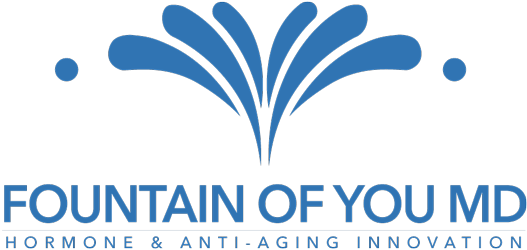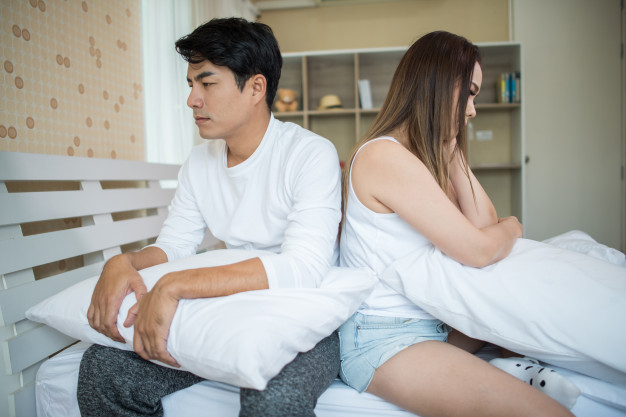If a lack of interest in intercourse persists or recurs, it can become a significant issue, causing stress and anxiety. This condition is now referred to by doctors as hypoactive sexual desire disorder (HSDD). Historically, it was classified as a psychiatric disorder, but the psychiatric system was not designed to account for physical causes.
A wide range of factors can cause low sex drive in men and women. It is commonly due to stress and undiagnosed low testosterone levels. Sudden decreases in libido may also be a symptom of underlying medical conditions such as: erectile dysfunction, Peyronie’s disease, depression, drug or alcohol abuse, anemia, cancer, sleep disorders, diabetes mellitus, or hypothyroidism. Lifestyle habits, like smoking, decrease blood flow, which may reduce arousal. Fatigue and certain surgeries may lower down your performance and your interest for intimacy. Pain during intercourse or lack of orgasms can also result in the same. Too little sleep, stress, and intimacy issues can affect changes in performance. These factors also negatively influence our general health, as our immune system works best when we are well rested and relaxed.
For a robust libido, you need energy, relaxation, and time. Stress management, getting good sleep, and relaxation techniques can be helpful in restoring a healthy sexual appetite. Maintaining an active lifestyle along with a healthy diet, greatly improve overall health while relieving stress, encouraging better sleep, and improving feelings of self-worth. Light, regular exercise not only improves your mood while reducing the risk of heart disease and keeping sperm healthy, it also positively impacts mental clarity and performance.
It has been estimated that approximately 26-52% of women and 13-28% of men have complained of decreasing interest in intercourse. The average patient and clinician are faced with the absence of an approved treatment. The knowledge base for diagnosis and treatment is low but rapidly expanding.
Recently, there has been major progress in the development of tools to assess this disorder. Fortunately, there are areas of treatment that have evolved. Psychological therapy, bioidentical hormone replacement therapy, and prescription medications are all promising, progressing, exciting areas of treatment. There is evidence of effectiveness in all three approaches, specifically with testosterone replacement therapy for men and women.
As with most medical conditions, an individualized approach is often highly effective. Sex therapy and counseling is often helpful for couples. Switching or stopping certain medications may often improve your interest. Hormonal therapy may reduce pain for intimacy. Testosterone plays an important role in male and female sexual health & function. It is often prescribed to boost poor libido and is often very effective.
Variations in sex drive are normal, but a significant shift from your typical libido may indicate an underlying issue. Since libido naturally differs from person to person, it’s important to recognize when sharp decreases or increases in sexual desire persist. These changes could stem from hormonal imbalances, stress, medication side effects, or other health conditions. If you’re experiencing a noticeable change that impacts your well-being or relationships, it might be time to seek professional guidance. At Fountain of You MD, we specialize in evaluating and treating hormonal and lifestyle factors that influence sexual health. Schedule a consultation today to explore personalized solutions for restoring your libido and improving your quality of life.



